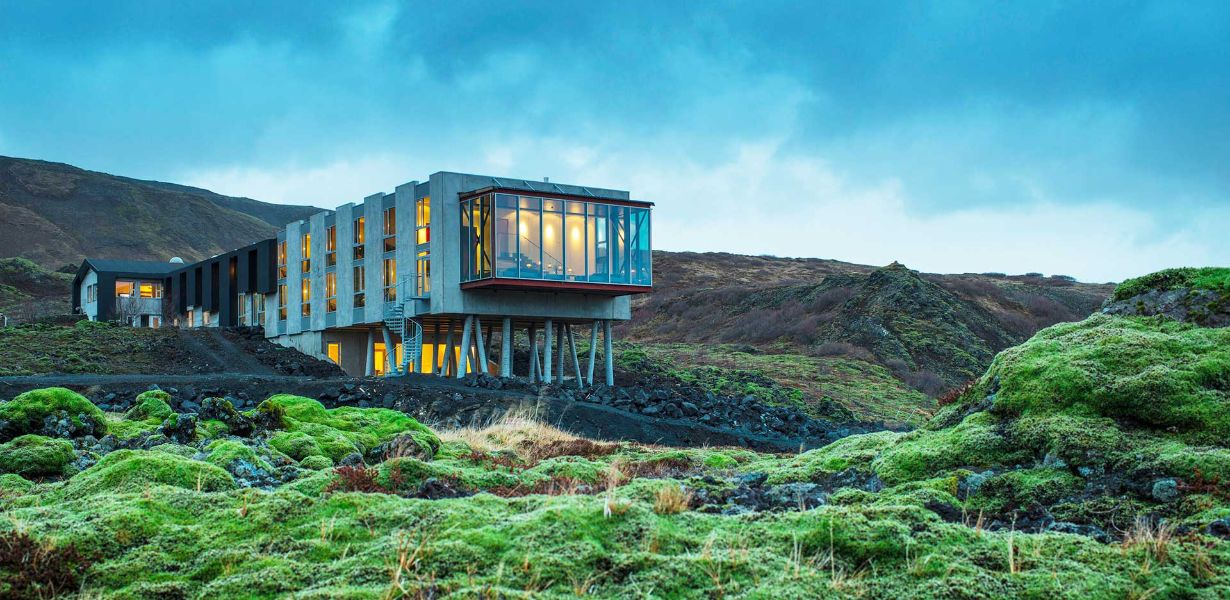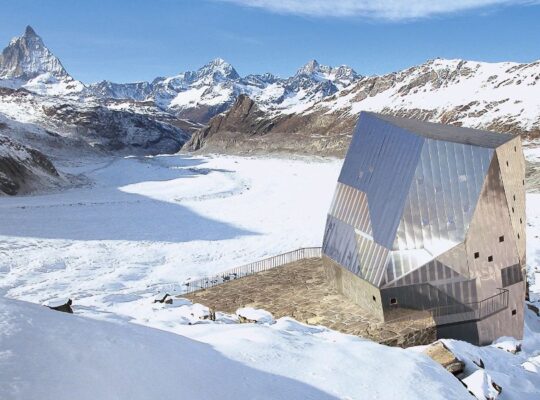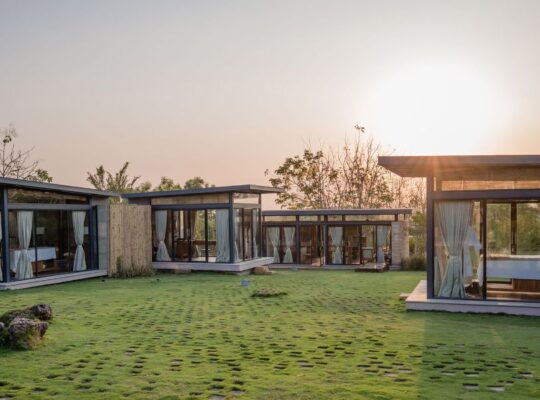In a world driven by environmental awareness, sustainable travel is gaining momentum. Eco-friendly hotels, once considered a niche, are now at the forefront of the hospitality industry. This blog delves into the realm of green tech innovations shaping the landscape of eco-friendly accommodations.
The Evolution of Eco-Friendly Hotels
Eco-friendly hotels are not a new concept, but advancements in technology have catalyzed their evolution. From energy-efficient designs to eco-friendly construction materials, these establishments are pushing the boundaries of sustainability.
Energy Management Systems
One of the keystones of sustainability in hotels is the implementation of advanced energy management systems. These systems intelligently regulate lighting, heating, and cooling, optimizing energy consumption based on occupancy and external conditions. This not only reduces operational costs for the hotel but also contributes to significant energy savings.
Smart Water Management
Water scarcity is a global concern, and eco-friendly hotels are addressing it through smart water management systems. These systems monitor water usage, detect leaks, and encourage water conservation through guest engagement. Some hotels even employ greywater recycling systems to repurpose water for non-potable uses.
Solar Power Integration
Harnessing the power of the sun, hotels are increasingly adopting solar panels to generate clean and sustainable energy. This not only reduces reliance on conventional power sources but also serves as a visible commitment to renewable energy.
Sustainable Architecture and Design
The architecture and design of eco-friendly hotels are meticulously planned to ensure minimal environmental impact. Incorporating recycled materials, green roofs, and efficient insulation, these establishments seamlessly blend luxury with sustainability.
Eco-Friendly Amenities
From biodegradable toiletries to eco-conscious room furnishings, hotels are reimagining guest amenities. Sustainable practices extend beyond operational aspects, creating a holistic and environmentally conscious guest experience.
Local Sourcing and Community Integration
Eco-friendly hotels prioritize local sourcing for their amenities and services. This not only supports local economies but also reduces the carbon footprint associated with transportation. Additionally, many establishments actively engage with the local community, contributing to social and economic sustainability.
Green Certifications and Standards
To showcase their commitment to sustainability, many eco-friendly hotels obtain green certifications and adhere to international environmental standards. Certifications like LEED (Leadership in Energy and Environmental Design) and EarthCheck validate their efforts and provide transparency to environmentally conscious travelers.
Technology-Driven Waste Management
Waste reduction is a crucial aspect of sustainable hospitality. Eco-friendly hotels leverage technology to optimize waste management, incorporating recycling programs, composting initiatives, and minimizing single-use plastics.
Hotel Savings: A Greener Choice for Both Environment and Wallet
Choosing an eco-friendly hotel is not just about being environmentally conscious; it's also a savvy financial decision. Hotels adopting green technologies often experience long-term savings in operational costs, which can translate into more competitive pricing for guests.
Final Words
In the pursuit of sustainable stays, the hospitality industry is embracing a new era of eco-consciousness. From innovative energy management systems to community integration, green tech innovations are shaping the future of hotels. Travelers seeking both luxury and sustainability can now find a harmonious blend in eco-friendly accommodations.
Commonly Asked Questions
Q1: Are eco-friendly hotels more expensive?
A: While initial costs may vary, many eco-friendly hotels offer competitive pricing due to long-term savings in operational expenses.
Q2: How do hotels ensure water conservation?
A: Smart water management systems, guest awareness campaigns, and greywater recycling contribute to effective water conservation.
Q3: What is LEED certification, and why is it essential?
A: LEED (Leadership in Energy and Environmental Design) is a globally recognized green building certification. It assures guests that the hotel meets stringent environmental standards.
Q4: Can sustainable hotels provide a luxurious experience?
A: Absolutely! Sustainable hotels prioritize luxury while integrating eco-friendly practices, offering guests a guilt-free indulgence in comfort.
Q5: How do eco-friendly hotels contribute to the local community?
A: By sourcing locally, engaging in community projects, and supporting local businesses, eco-friendly hotels actively contribute to the well-being of the communities they operate in.












